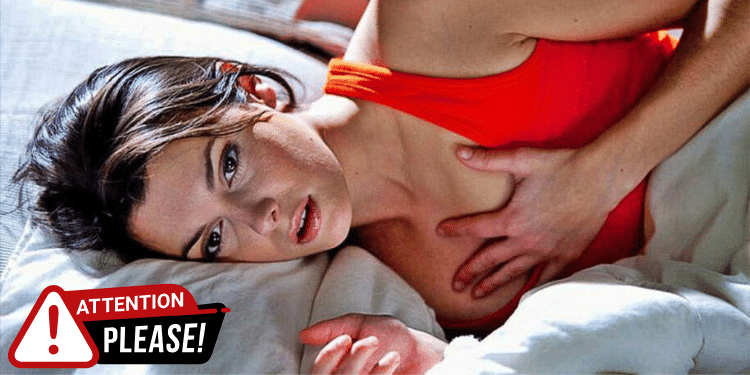Have you ever been drifting off to sleep when, all of a sudden, your body jerks awake?
This sudden movement, often accompanied by the sensation of falling or a startling jolt, can leave you feeling confused or even alarmed.
Known as hypnic jerks or sleep starts, this phenomenon is surprisingly common and usually harmless.
Here’s what happens during a hypnic jerk, why it occurs, and what it might indicate about your overall health.
What Are Hypnic Jerks?
Hypnic jerks are involuntary muscle spasms that occur as your body transitions from wakefulness to sleep. They often happen in the first stage of sleep, known as non-REM stage 1, when your body is just beginning to relax.
Common Characteristics of Hypnic Jerks:
- A sudden, involuntary jolt or twitch in the body.
- Often accompanied by the sensation of falling or tripping.
- Can be strong enough to wake you up.
- Sometimes paired with a racing heart or short-lived anxiety.
Why Does It Happen?
While hypnic jerks are not fully understood, several theories explain why they occur.
1. Relaxation of the Body
As your body relaxes and your muscles begin to release tension, the brain may misinterpret this as a sign of falling, triggering a reflexive jerk to “catch” yourself.
2. Evolutionary Reflex
Some researchers believe hypnic jerks are a remnant of evolutionary survival mechanisms. In early human history, these reflexes may have helped protect individuals from falling out of trees or other elevated sleeping spots.
3. Nervous System Misfires
The transition from wakefulness to sleep involves complex communication between the brain and body. Hypnic jerks may result from slight miscommunications in this process, causing involuntary muscle contractions.
What Does It Mean for Your Health?
For most people, hypnic jerks are harmless and nothing to worry about. However, frequent or intense hypnic jerks may indicate underlying factors that deserve attention.
1. Stress and Anxiety
- High levels of stress or anxiety can overstimulate your nervous system, increasing the likelihood of hypnic jerks.
2. Sleep Deprivation
- Inadequate sleep can heighten the chances of hypnic jerks, as your body struggles to transition smoothly into rest.
3. Excessive Caffeine or Stimulants
- Consuming too much caffeine, nicotine, or other stimulants close to bedtime can interfere with your body’s ability to relax, leading to jerks.
4. Physical Exhaustion
- Overworking your muscles or experiencing extreme physical fatigue can increase the intensity of hypnic jerks.
5. Neurological Conditions (Rare)
- In rare cases, frequent or severe hypnic jerks could be linked to neurological disorders or sleep-related issues like restless leg syndrome or sleep apnea.
How to Minimize Hypnic Jerks
If hypnic jerks are disrupting your sleep or making you anxious, there are simple steps you can take to reduce their occurrence:
1. Manage Stress
- Incorporate relaxation techniques like deep breathing, meditation, or yoga into your daily routine.
- Establish a calming bedtime ritual, such as reading or listening to soothing music.
2. Maintain a Healthy Sleep Schedule
- Stick to consistent sleep and wake times, even on weekends.
- Aim for 7–9 hours of sleep each night to reduce sleep deprivation.
3. Limit Stimulants
- Avoid caffeine, nicotine, and energy drinks in the evening.
- Opt for herbal teas or warm water to promote relaxation before bed.
4. Create a Sleep-Friendly Environment
- Keep your bedroom dark, quiet, and cool to encourage restful sleep.
- Use a comfortable mattress and pillows to support relaxation.
5. Stretch and Relax Muscles
- Engage in light stretching or progressive muscle relaxation exercises before bed to release tension.
When to Seek Medical Advice
While hypnic jerks are generally harmless, consult a doctor if you:
- Experience jerks frequently and they disrupt your sleep.
- Notice other symptoms, such as difficulty breathing, pain, or persistent restlessness.
- Suspect a neurological or sleep-related disorder like restless leg syndrome or sleep apnea.
Hypnic jerks are a natural part of the body’s transition into sleep and are usually nothing to worry about.
They often result from stress, fatigue, or lifestyle factors and can be minimized with healthy sleep habits and relaxation techniques.
If you experience occasional hypnic jerks, know that you’re not alone – it’s a common and harmless phenomenon.
Share this article to help others understand the science behind these nighttime jolts!
